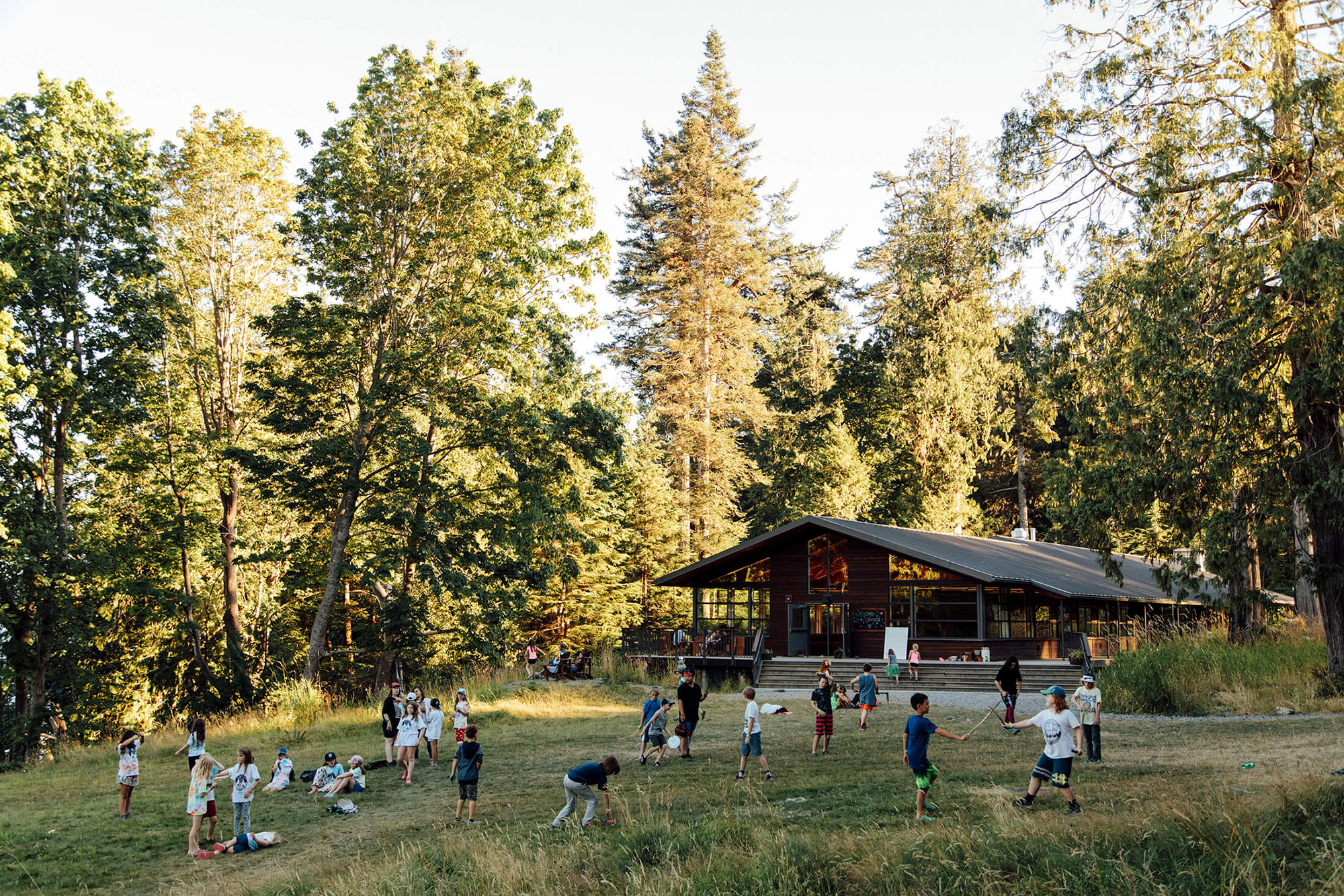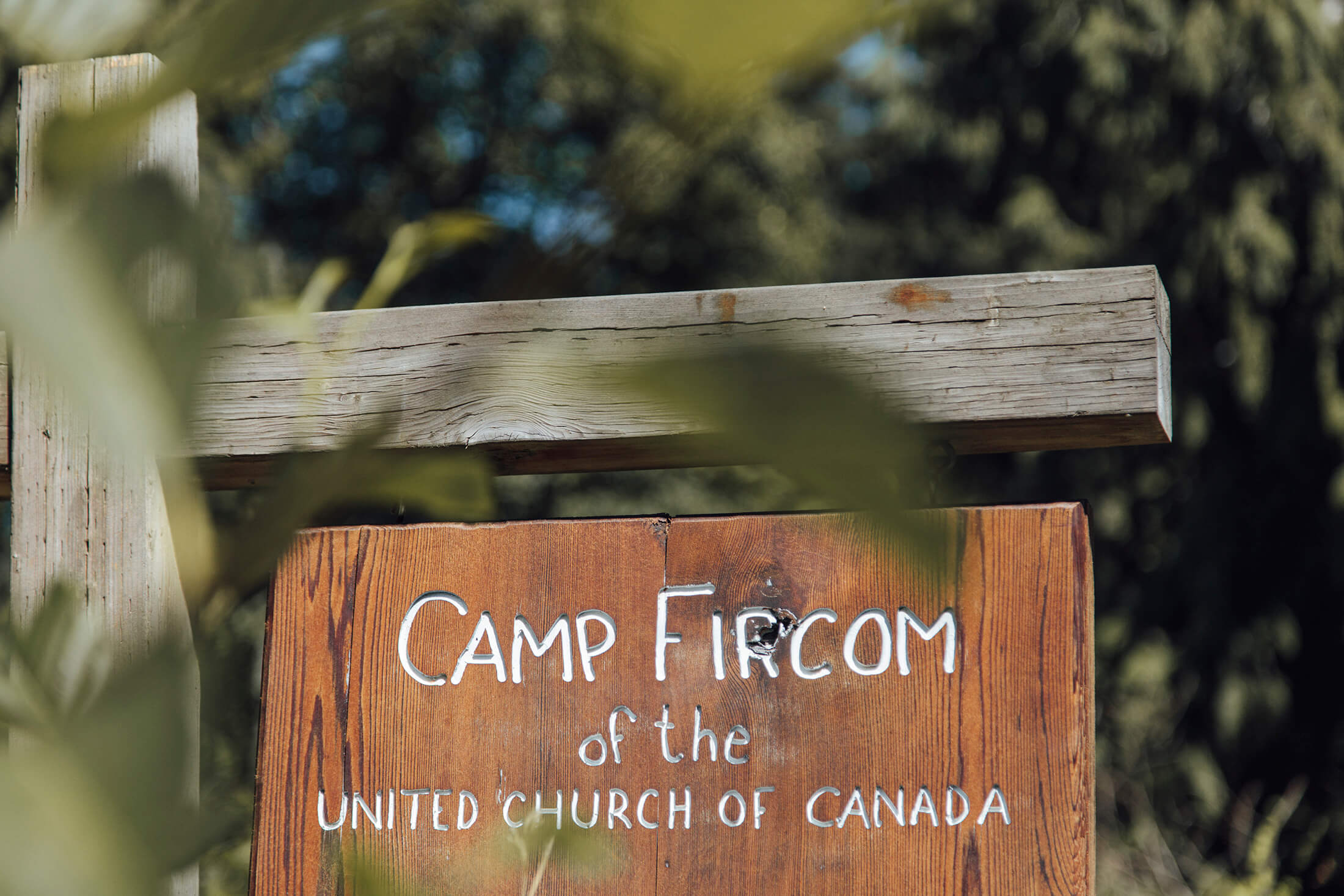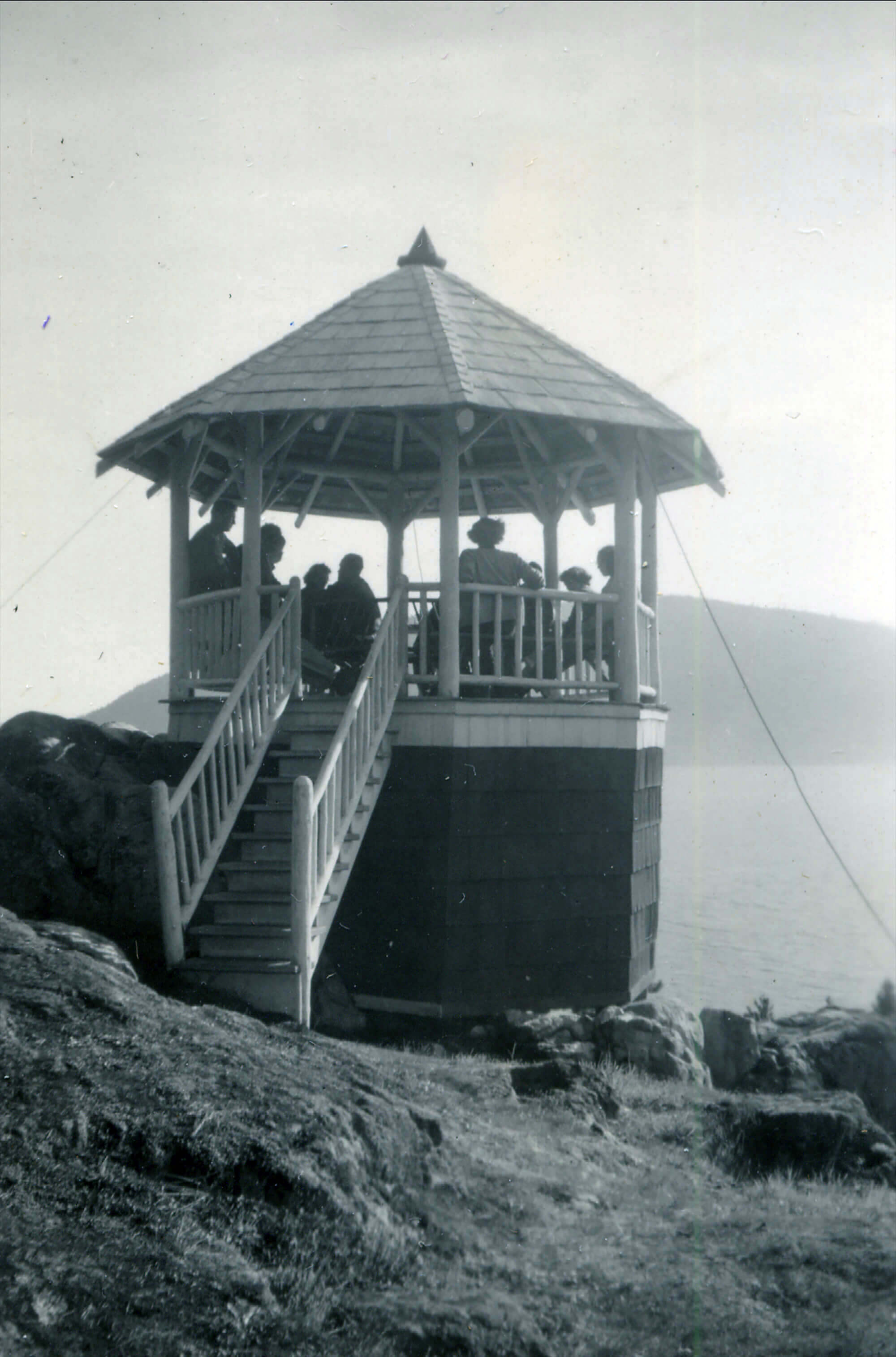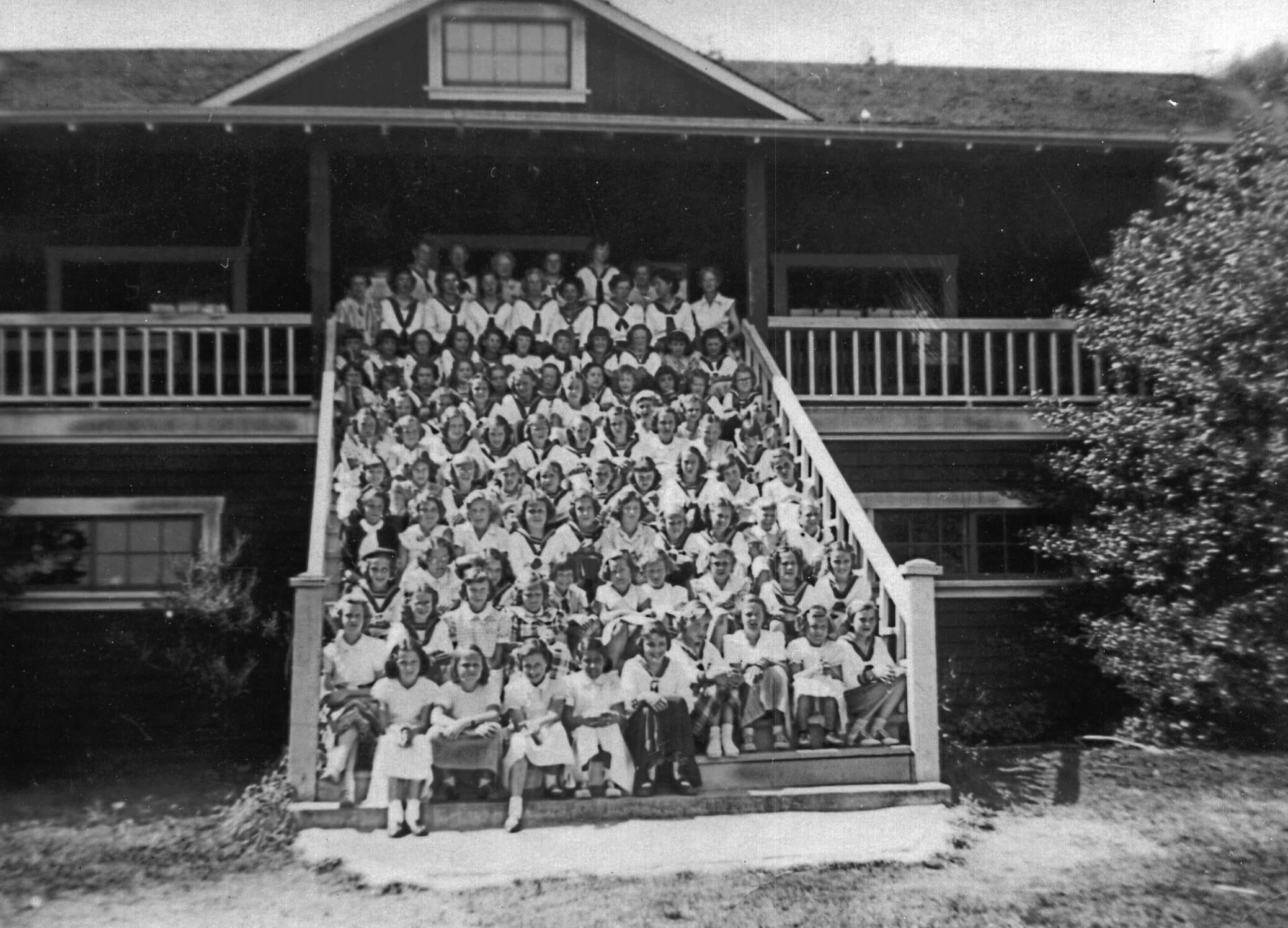
About Us
Our Roots
Statement of Purpose
Camp Fircom's purpose is to create opportunities for connection and belonging.

Values
Relationships
We collaborate with values-aligned partners including Indigenous, social justice, and United Church communities to foster relational and reciprocal connections at camp and in the community beyond.
Inclusion
We strive to create a financially accessible and safe environment that welcomes and celebrates diversity in its many forms.
Spirituality
We build communities that create space for campers and participants to experience awe and wonder, laughter and fun, adventure and rest, as well as stories of belonging and growth that they will tell for years to come. Rooted in the values and teachings of The United Church of Canada, we welcome people of all faiths, or no faith, to explore and develop their personal spirituality.
Land
We are a place where people connect with the land and water as well as the intrinsic, sacred, and peaceful gifts that nature provides. We provide opportunities to learn about this place and its ecology through the traditions and teachings of our Indigenous community members.
Growth
We create programming and community experiences that help campers and participants take chances, celebrate new experiences, and develop leadership and personal skills.
History
1923-1929
Camp Fircom began as an outreach program in the Downtown Eastside of Vancouver, Canada's poorest neighbourhood and was developed by the First Presbyterian Church (the forerunner of First United Church) and Community Services (the forerunner of Social Services). The name came from these two institutions: FIR from "First" and COM from “Community”.
Rev. J. Richmond Craig was concerned about the crowded living conditions of the rooming houses of the Downtown Eastside and about the mothers and children living in squalid conditions. Rev. Craig and members of his congregation rowed out into the Howe Sound to explore a homestead on Gambier Island. This lead to the purchase of 65 acres of land that would become Camp Fircom - a place of rest and healing for many.
In the early years, campers arrived by rowboat and slept in tents in the open fields. The original farmhouse was used as the kitchen and dining hall. Campers ate in shifts as only 15 people could be accommodated at a time. The meat, milk and butter were cooled in the stream that runs through the property. Eventually six small cabins were built to accommodate the growing camp. After six summers of camping, Rev. J. Richmond Craig moved to Winnipeg in late 1929.
1930 - 1948
Major construction of camp buildings is credited to the Reverend Andrew Roddan, the superintendent of the First United Church. In anticipation of the 1935 Golden Jubilee of the First United Church, a major fundraising campaign was launched. The goal was to rebuild the church, create a new Welfare Industries facility, and construct a dining hall for Camp Fircom. While the campaign was only partly successful, Jubilee Hall was constructed. Through donated building materials and a combination of paid and volunteer labour, Roddan got the hall, and a few other smaller buildings, completed in time for the 1936 summer camping season. Jubilee Hall became the physical heart of the camp.
Until his death in 1948, Andrew Roddan was the major personality presenting the needs of Camp Fircom to the wider community. He believed deeply in the mission of Camp Fircom and injected much of his time and energy to expand Fircom’s ability to deliver.
1979
Camp Fircom incorporates as a non-profit with the title of Camp Fircom Society of the United Church of Canada. It continues to work out of First United on the Downtown Eastside of Vancouver.
2005 - 2010
In 2005, Camp Fircom closed as a major renovation was needed. In 2008, Fircom launched a renovation with the support and visioning from Fircom’s Board of Directors and alumni and with the financial and leadership support came from BC Conference of the United Church of Canada.
2011 to Now
Fircom re-opened its doors in May 2011 with a new and renovated site and a direction that respected the camp’s history. The new facilities allowed Fircom to host corporate groups and weddings during the spring and fall seasons. These rental groups have in turn supported Fircom’s value of offering accessible summer camp programs. Fircom continues to expand its community through the offering of exceptional programming and the commitment of its staff to live Fircom’s purpose of creating opportunities for connection and belonging.

















